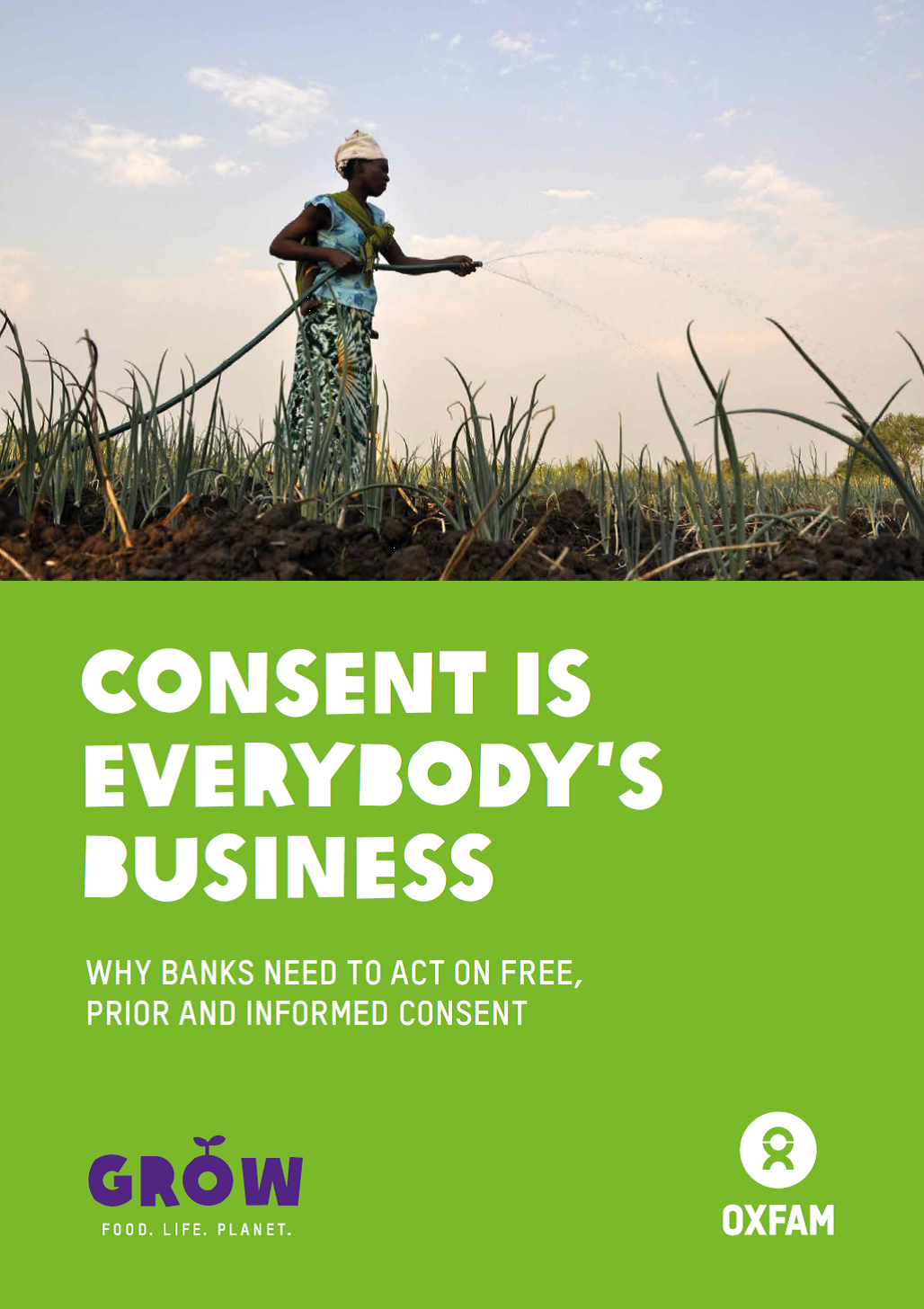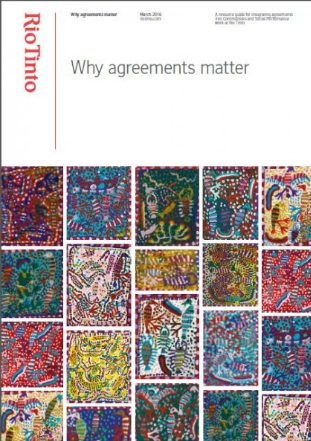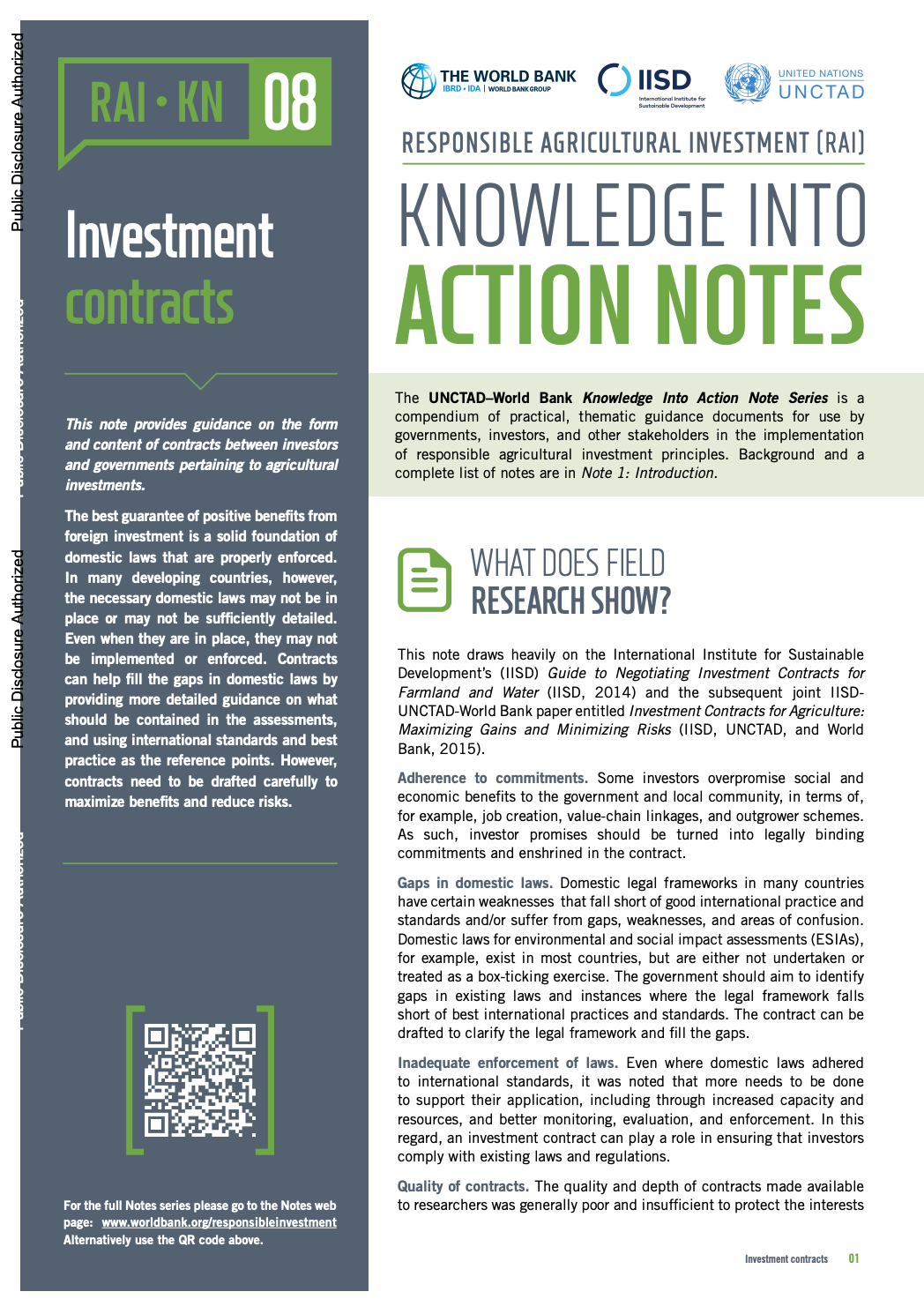Model Lease Contract
This draft model lease contract considers international best practices and recommendations, regarding the design of contract for farmland investments. In particular, the IISD Guide to Negotiating Investment Contract for Farmland and Water, were used as a reference while designing this current draft. Experience gained by BVVG Agriforest Privatization Agency regarding lease contact design is reflected in the draft model contact.





